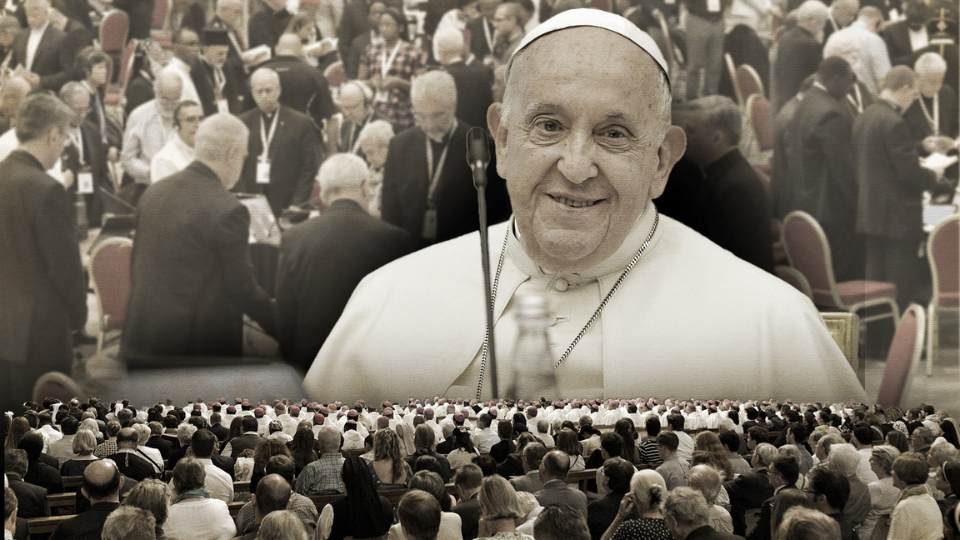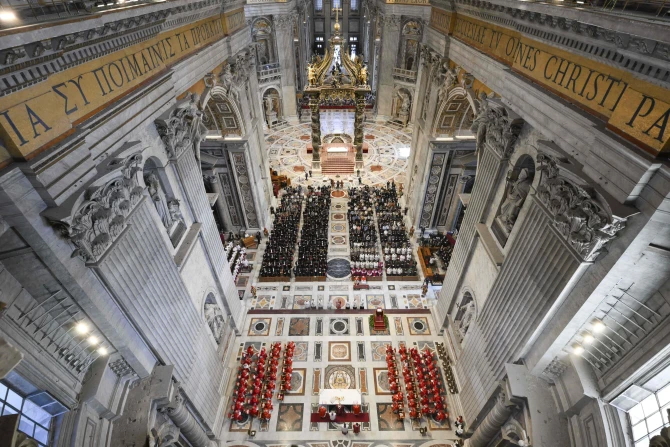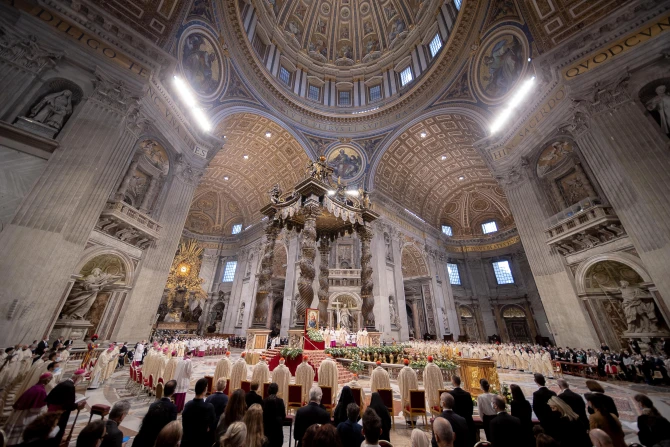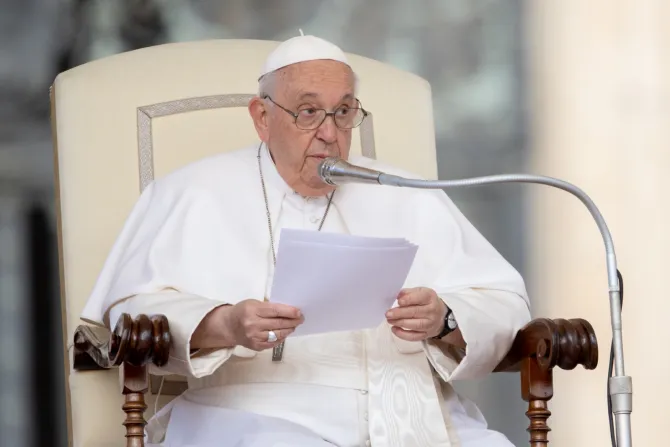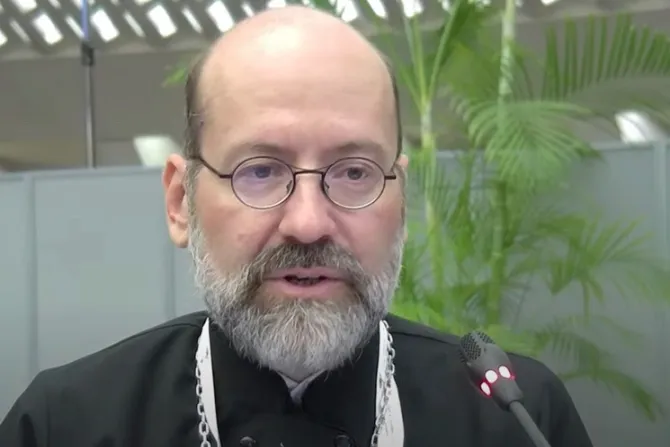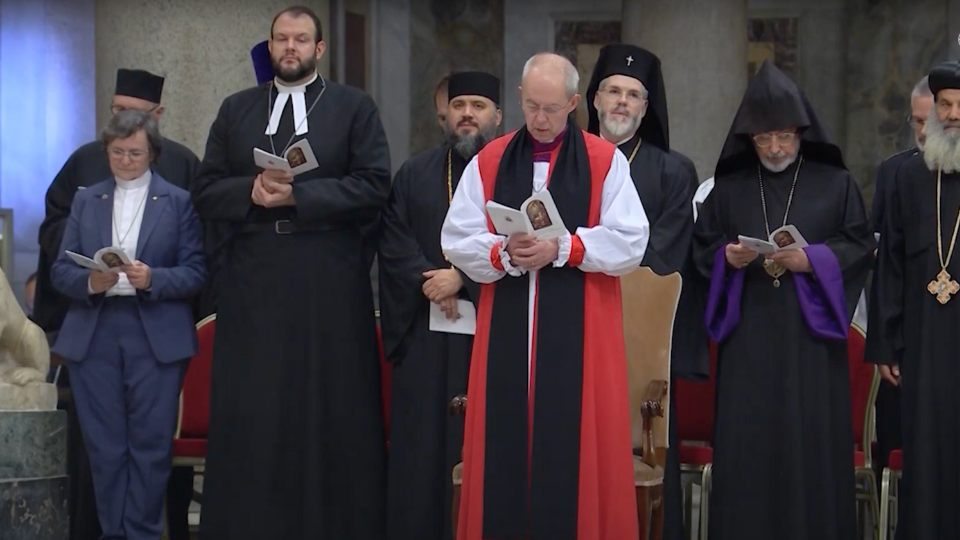Pope Francis has emphasized the unique nature of the Synod on Synodality, clarifying its purpose as a spiritual and communal journey. He noted, “I like to say that the Synod is not a parliament; it is something else,” echoing his view that the Synod transcends political agendas and is guided by the Holy Spirit. This focus on spiritual discernment highlights a significant shift in how the Church seeks to understand and implement synodality.
Synods as a Tradition: Walking Together in Faith
The Synod on Synodality is rooted in a longstanding Church tradition that dates back to the Second Vatican Council, which formalized synods as a means for bishops to gather and discuss essential theological and pastoral matters. The term “synod” itself is derived from Greek, meaning “to meet” or “to walk together.” Cardinal Mario Grech, Secretary General of the Synod of Bishops, stressed this point, saying, “This is not an act of courtesy. It is, on the contrary, an act of obligation.” This sense of duty reflects the Church’s commitment to unity and collaborative decision-making.
In convening this Synod, Pope Francis initiated a broad examination of synodality, a concept he views as crucial for the Church’s mission. Angela Ambrogetti, a journalist with ACI Stampa, explained, “Pope Francis wanted this synod, held in three sessions, to be dedicated to synodality. We need to understand what synodality means… it is a way of living out pastoral care, a way of living the Church’s daily life.” This Synod aims to deepen the Church’s understanding of synodality and apply it to its governance and outreach.
A New Approach: Inclusion and Reflection
This Synod on Synodality is also notable for its diverse participation, welcoming laypeople and priests alongside bishops. As Ambrogetti observed, “The style of work inside the synod has changed… it’s more of an experience, a testimony. It’s about praying together, sharing experiences.” This approach shifts the Synod from a formal assembly to a shared journey of reflection, where diverse voices contribute to shaping the Church’s future.
Cardinal Jean-Claude Hollerich, the Relator General of the Synod, has reinforced this point, emphasizing that the Synod’s focus is on listening rather than imposing agendas. “It is not so that the Synod has an agenda that we want to push through. But we listen to the people of God. We listen to the Holy Father… Synodality gives life to the Church,” he said. However, Cardinal Grech has acknowledged potential pitfalls, cautioning, “We can be tempted to be politicians in the Church. And that is absolutely wrong.” This commitment to maintaining a spiritual focus underscores the Synod’s mission as a vehicle for faith rather than politics.
Embracing the Holy Spirit as the True Guide
Pope Francis has been vocal about the central role of the Holy Spirit in guiding the Synod’s deliberations. He cautioned against viewing the Synod as a political arena, affirming, “We are not a parliament; we are not the United Nations; no, we are something else.” He also reminded participants, “We are not the protagonist of the Synod: it is the Holy Spirit. If the Spirit is in our midst to guide us, it will be a good Synod.”
The Pope’s words underscore the Synod’s aim to foster unity and understanding within the Church. Cardinal Hollerich echoed this sentiment, stating, “I hope I have no temptation of power because that would be completely un-synodal. I want to be a good servant of the Church, of the Pope, and of synodality.” For Pope Francis and those involved, the success of the Synod will ultimately depend on their ability to listen to the Holy Spirit and act in service to the Church’s mission.
As the Synod progresses, the Church will continue to explore how synodality can shape its governance and deepen its relationship with the faithful, emphasizing that the journey itself is as vital as any outcome. As Ambrogetti aptly noted, “For Pope Francis, it is interesting and important for these different approaches to come together, perhaps to find a common path or simply to share experiences.” The Synod on Synodality thus represents not only a moment of reflection but a potential turning point in how the Church lives out its mission.
Adapted by Jacob Stein

